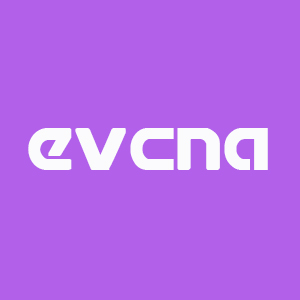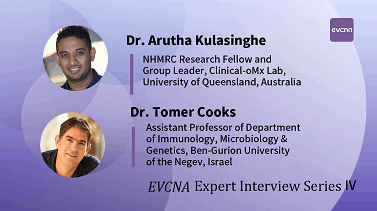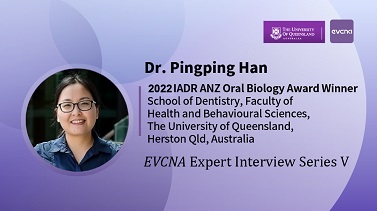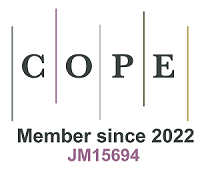Exclusive Interview with Dr. Janos Zempleni: Insights into Milk Exosomes in Nutrition and Drug Delivery
On Aug 17, the Editorial Office of EVCNA had an exclusive interview with Dr. Janos Zempleni, the Willa Cather Professor of Molecular Nutrition at the University of Nebraska-Lincoln, to share his current achievements on milk exosomes and advice for current students in this field.
Dr. Zempleni is a newly invited Editorial Board member of EVCNA. His research focuses on the regulation of genes by nutrients, bioactive food compounds, non-coding RNAs, and extracellular vesicles (EVs). The primary focus is on genes implicated in human metabolic health and disease. Cheerfully, his research on EVs in milk, nutrition, and drug delivery was recently recognized by the National Institute of Food and Agriculture. Based on this, the interview was arranged.
Dr. Suman Dutta, one of the Junior Editorial Board members of EVCNA, served as a moderator to ask questions and discussed certain topics. He is an assistant project scientist at the University of California, focusing on EVs, apoptosis, neurodegeneration, biomarker, assay development, and inflammation.
The field of dietary exosomes and RNAs, particularly those in milk, has witnessed rapid expansion and progress during the past four years. However, much uncharted territory remains to be explored. Now let’s briefly review the interview to find out brilliant insights!
Q1: Could you please share your journey and how your interest in milk exosomes developed?
Q2: We know that your research on extracellular vesicles in milk, nutrition, and drug delivery has been recently recognized by the National Institute of Food and Agriculture. Could you please share your current achievements and progress?
Q3: As we all know, milk exosomes are generally used as drug carriers and markers of disease. Milk exosomes could also be explored to load and deliver potentially other macromolecules such as siRNA, miRNAs, plasmid DNA, cDNA, and proteins (antioxidant enzymes, etc.). What do you think are the key points of future research on milk exosomes?
Q4: You began the exosome research around 2013. Could you please share your vision and what makes you adhere to this field?
Q5: What advice do you have for students who may be interested in pursuing a similar career path?












